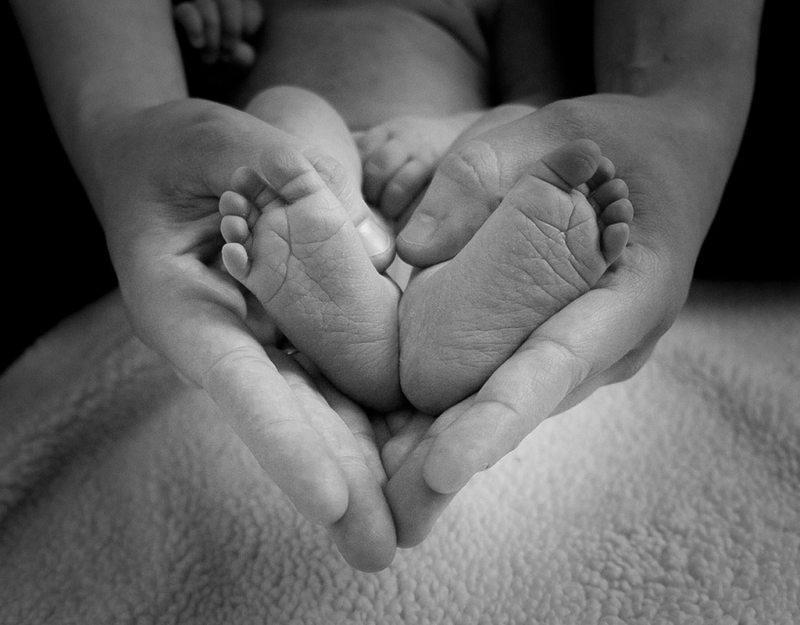Going into labour before your pregnancy has reached the 37-week mark is known as premature labour, or pre-term labour. If your baby is born too soon it may have complications requiring specialised medical care.
If you think that you are experiencing a pre-term labour, get help as soon as possible.
Pre-term labour symptoms
- Four or more contractions per hour
- Strong contractions
- Menstrual-like cramping
- Pain in your lower back
- Mucous or bloody vaginal discharge
- Bleeding or blood spotting after three months into your pregnancy.
Once labour is established it can be very difficult to stop. Just because you are feeling contractions, though, is not enough to prove you are in pre-term labour. Look for other signs as listed above. Remember: what matters most is changes in your cervix (the lower end of your uterus).
Once you have made it to hospital, you may have the following tests done:
- A pelvic exam will help determine if your cervix has effaced (thinned) and dilated (opened)
- Uterine activity monitoring to detect contractions
- Foetal monitoring will enable medical staff to check the health of your baby.
If you are experiencing pre-term labour, you may need hospital care and complete bed rest. You may need to be given fluids through an intravenous line, and you may also be given pills or an injection to help prevent further contractions.
Could pre-term labour happen to you?
Any pregnancy can experience a pre-term labour. Although it may start for absolutely no reason, there are some risk factors that can increase your chances:
- Previous pre-term labour or early birth
- Smoking and drug or alcohol use during pregnancy
- Multiple foetuses (twins or more).
- Chronic illness, such as diabetes.
Potential dangers of pre-term labour
If your baby is born too early, it may have health problems. Your doctor will advise you of potential complications and discuss the treatment options.
This article was written by Claire Halliday for Kidspot NZ.







Leave A Comment
You must be logged in to post a comment.